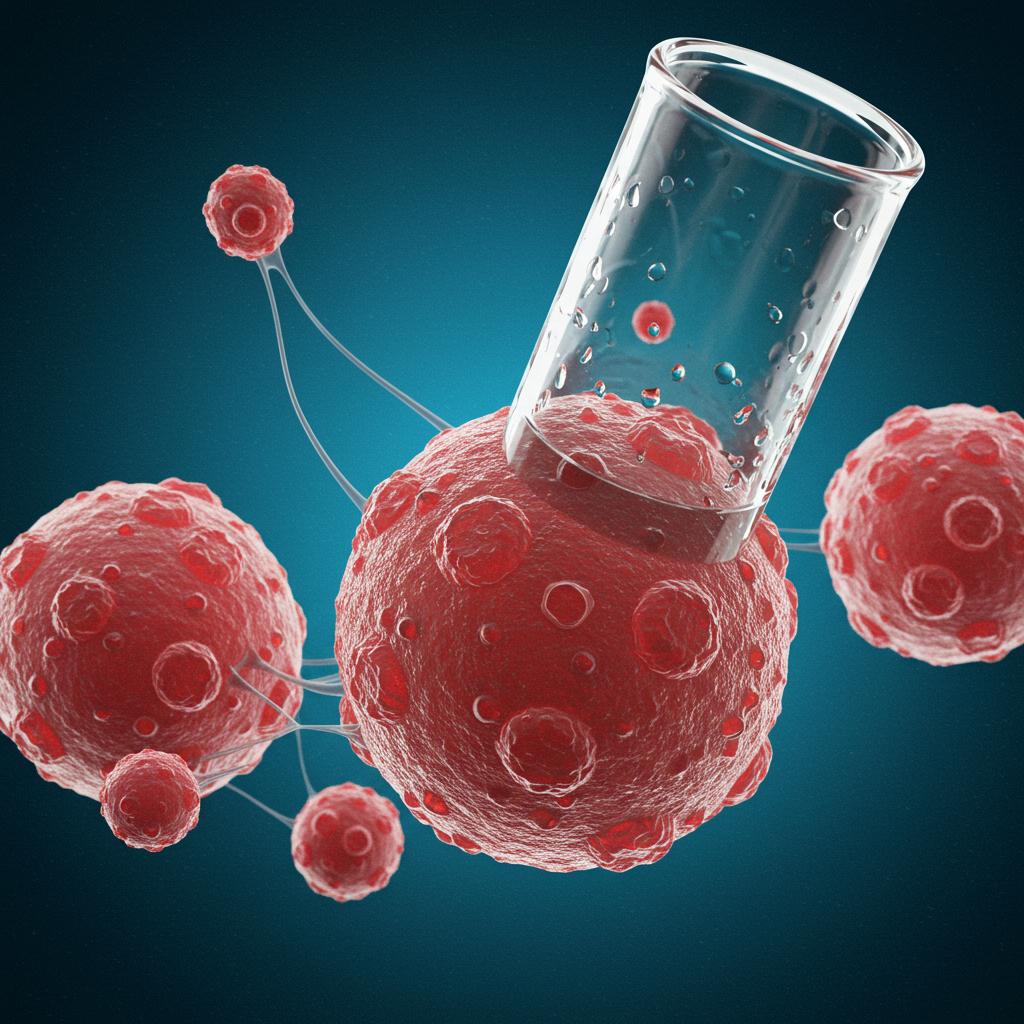
Ever heard of a medication that could potentially slow down aging and fight cancer? It might sound like science fiction, but rapamycin, and its close relative everolimus (both known as “rapalogs”), are generating a lot of buzz in the scientific community for precisely these reasons. While originally used to prevent organ rejection in transplant patients, research suggests these drugs might hold the key to a longer, healthier life, and possibly even cancer prevention.
So, how do these medications work their magic? The key lies in how they interact with our cells. Rapamycin directly targets cells on the pathway to becoming cancerous, effectively putting the brakes on their development. But it doesn’t stop there. These drugs also seem to have a broader impact on the aging process itself. Think of it this way: aging is a significant risk factor for developing cancer. By slowing down the aging process, rapamycin could indirectly delay the onset of cancer. It’s like hitting the pause button, giving our bodies more time before potential issues arise.
Numerous studies in mice have shown promising results. In these studies, rapamycin has consistently and reliably prevented cancer, regardless of whether the mice were genetically predisposed to cancer, exposed to carcinogens (cancer-causing substances), or simply aging naturally. The drug works by slowing down cell growth and tumor progression, essentially buying precious time against cancer development.
What’s particularly interesting is the data emerging from organ transplant patients who take rapamycin or everolimus to prevent organ rejection. These patients, who often need to take the drug long-term, have shown a lower incidence of certain cancers compared to transplant patients not taking the drug. This real-world observation further strengthens the argument for rapamycin’s cancer-preventive potential.
Researchers are even exploring the use of rapamycin to prevent lung cancer in smokers and former smokers, a population at significantly increased risk. While more research is needed, the possibility of preventing cancer in such high-risk groups is incredibly exciting.
Here’s a breakdown of the key points:
- Directly targets pre-cancerous cells: Rapamycin acts like a targeted missile, homing in on and neutralizing cells that are on the path to becoming cancerous.
- Slows down aging: By impacting cellular processes linked to aging, rapamycin could indirectly delay or even prevent the development of age-related diseases like cancer.
- Proven effective in animal studies: Numerous mouse studies have demonstrated rapamycin’s impressive ability to prevent cancer.
- Observational data from transplant patients: Data from organ transplant recipients taking rapamycin supports its potential as a cancer-preventative agent.
- Potential for preventing lung cancer in smokers: Ongoing research is investigating whether rapamycin could be a game-changer in preventing lung cancer in smokers and former smokers.
While the idea of an anti-aging, cancer-fighting drug is certainly appealing, it’s important to remember that research is still ongoing. Clinical trials in high-risk populations are critical to fully understanding the benefits and risks of rapamycin for cancer prevention. If you’re interested in learning more about rapamycin and its potential, it’s always best to consult with a qualified healthcare professional. They can provide personalized guidance based on your individual health situation.
